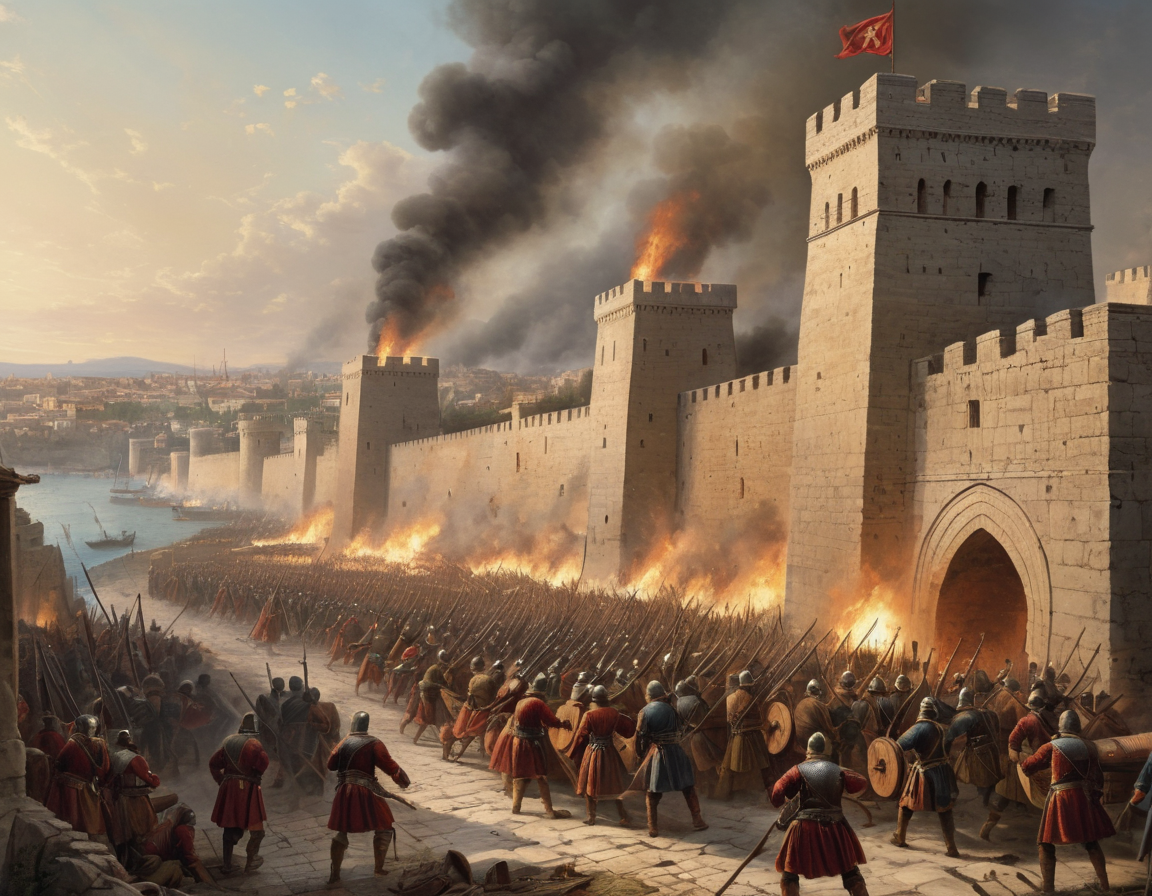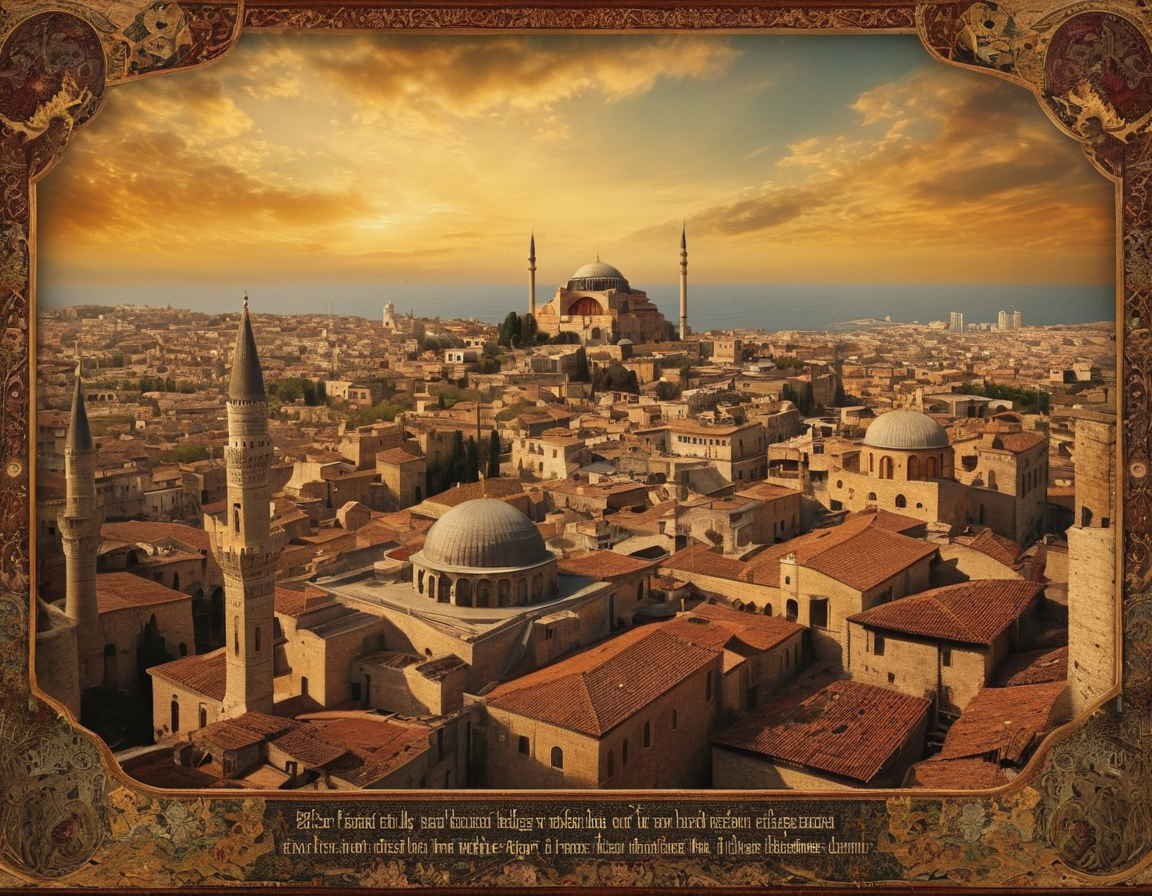The Fall of Constantinople: A Turning Point in History
The Fall of Constantinople: A Turning Point in History
On May 29, 1453, a pivotal moment unfolded that would forever change the landscape of the world: the Fall of Constantinople. This single event marked the end of the Byzantine Empire and set the stage for the rise of the Ottoman Empire. Let’s explore the historical significance and the enduring impact of this monumental occurrence.
The Siege that Changed an Era
The Byzantine capital of Constantinople was once considered impregnable. Surrounded by massive walls and situated at the crossroads of Europe and Asia, it was a beacon of wealth, culture, and military prowess. However, by the 15th century, it had become a city under siege, both literally and figuratively.
For 53 days, Constantinople’s walls were bombarded by Ottoman cannons, a technological marvel of the time. The Emperor Constantine XI Palaiologos valiantly defended his city, but the overwhelming forces of Sultan Mehmed II eventually breached Constantinople’s formidable defenses.

Impact on Culture and Religion
The fall of Constantinople had profound cultural and religious implications. As the seat of the Orthodox Christian Church, its conquest by the Ottomans signified a tragic loss for Christendom. Many of the city’s inhabitants were either slaughtered or enslaved, and countless treasures were looted or destroyed.
However, this event also led to a mass exodus of scholars and texts to the West, which helped fuel the Renaissance. The cultural blending and religious change paved the way for new arts, sciences, and philosophies to flourish.
Lessons for Today’s World
Today, we reflect on the Fall of Constantinople not only to remember a lost empire but also to understand the forces of change that shape civilizations. The blending of cultures, the role of military innovation, and the impact of leadership decisions are all lessons that resonate in today’s global landscape.
As the world continues to experience shifts in power and cultural identities, the story of Constantinople serves as a reminder of our shared history and the cyclic nature of empires.

To delve deeper into history and uncover more insightful tales, stay tuned for our upcoming articles. Share this story with history buffs and drop a comment below on how such events shape your view of the world.






